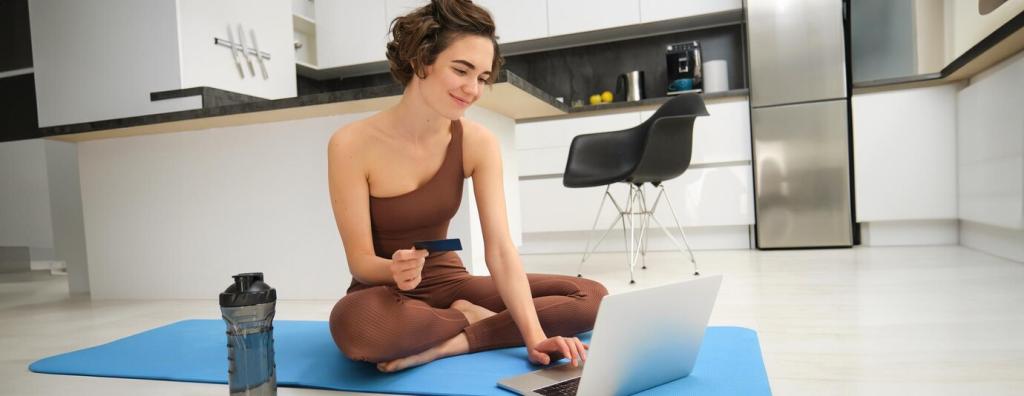Body-Scan Practices to Release Tension
Start at your toes and move upward, inviting each area to soften on the exhale. If a spot won’t relax, simply notice warmth, pressure, or pulsing. Kind attention alone loosens resistance and teaches your body it does not need to brace all day.
Body-Scan Practices to Release Tension
Hands, jaw, shoulders—three stops, one minute. Place palms on thighs, unclench teeth, drop shoulders with a sigh. This mindful meditation technique for stress relief can refresh focus between meetings. Comment with your favorite micro scan routine to inspire the community.










